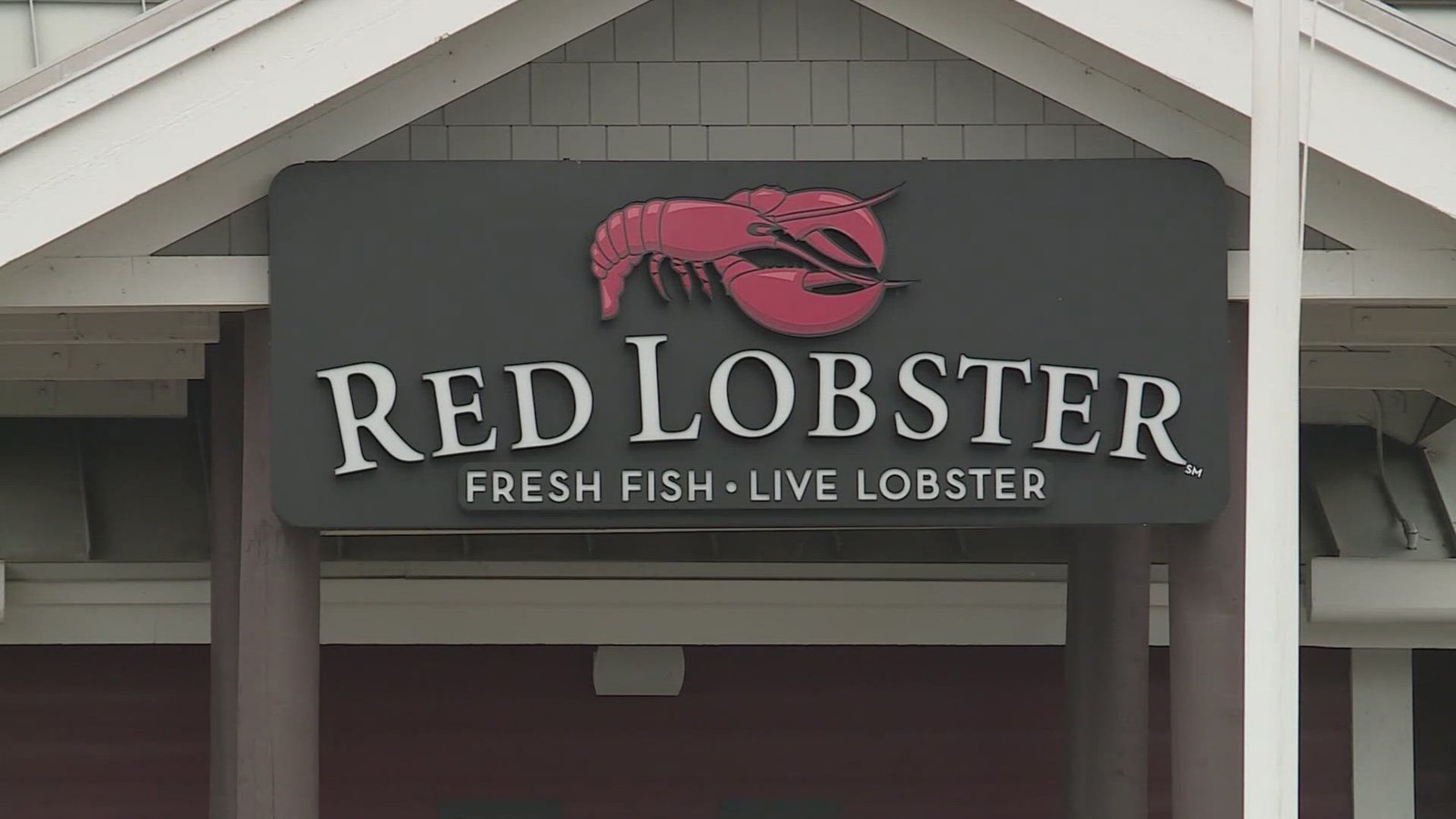A Sea Change in the Restaurant Industry
The restaurant industry is no stranger to turbulence, but the news of Red Lobster filing for Chapter 11 bankruptcy protection sent shockwaves through the culinary world. As one of the most iconic seafood chains in the United States, Red Lobster’s financial struggles reflect the broader challenges facing the dining sector, exacerbated by the ongoing COVID-19 pandemic and shifting consumer preferences.
Chapter 11 Filing: A Strategic Move
Red Lobster’s decision to file for Chapter 11 bankruptcy protection was not taken lightly but was deemed necessary to restructure its debts and reorganize its operations. Chapter 11 provides companies with the opportunity to continue operating while they develop a plan to repay creditors and emerge from bankruptcy stronger and more resilient.
Financial Pressures: Understanding the Factors
Several factors contributed to Red Lobster’s financial woes, including declining sales, rising costs, and heavy debt burdens. The COVID-19 pandemic dealt a significant blow to the restaurant industry, forcing many establishments to close their doors temporarily or operate at limited capacity. Red Lobster, like many of its peers, faced unprecedented challenges as it navigated the economic fallout of the pandemic.
Changing Consumer Preferences: Adapting to New Realities
In addition to external pressures, Red Lobster also grappled with changing consumer preferences and dining trends. With an increasing emphasis on health-conscious eating, sustainability, and convenience, traditional sit-down chains like Red Lobster have faced stiff competition from fast-casual restaurants, delivery services, and meal kit subscriptions.
Operational Adjustments: Streamlining Operations
As part of its restructuring efforts, Red Lobster is expected to streamline its operations, optimize its menu offerings, and rationalize its store footprint. This may involve closing underperforming locations, renegotiating leases, and focusing on high-potential markets. By improving operational efficiency, Red Lobster aims to reduce costs and enhance profitability.
Customer Engagement: Retaining Loyalty
Despite its financial challenges, Red Lobster remains committed to providing customers with exceptional dining experiences and maintaining its reputation as a beloved seafood destination. The company plans to leverage customer loyalty programs, promotional offers, and digital marketing initiatives to retain existing patrons and attract new ones.
Employee Support: Ensuring Stability
Red Lobster recognizes the importance of supporting its employees during this uncertain time. The company has pledged to prioritize the well-being of its workforce, including providing assistance with job placement, training, and benefits. By taking care of its employees, Red Lobster aims to foster a sense of stability and resilience within its organization.
Stakeholder Communication: Transparency and Accountability
Effective communication with stakeholders, including investors, creditors, employees, and customers, is crucial during the Chapter 11 process. Red Lobster is committed to maintaining transparency and accountability throughout its restructuring efforts, keeping stakeholders informed about key developments and milestones.
Future Outlook: Charting a Course Forward
While the road ahead may be challenging, Red Lobster remains optimistic about its future prospects. By implementing strategic initiatives, adapting to evolving consumer preferences, and prioritizing financial stability, the company aims to emerge from Chapter 11 bankruptcy protection stronger and more competitive than ever before.
Conclusion: Navigating the Waters Ahead
Red Lobster’s Chapter 11 filing marks a pivotal moment in the company’s history, but it also presents an opportunity for renewal and growth. As the restaurant industry continues to evolve, Red Lobster is poised to weather the storm and emerge as a resilient and innovative player in the culinary landscape. With a commitment to excellence, adaptability, and customer satisfaction, Red Lobster remains a beacon of hope in an uncertain sea of change.



































